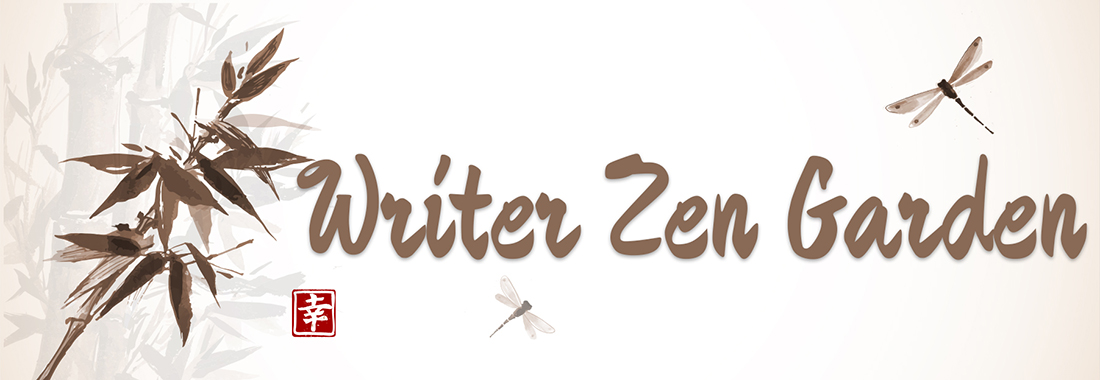It’s Thursday again. Enjoy our celebration of the random.
Just do it
Flash Fiction Friday
Come and enjoy a short, sweet read!
Thursday Thirteen
Stop by for some fun with random lists of thirteen things.
Review of “Crossing Borders”
I just recently finished Z. A. Maxfield’s book “Crossing Borders”. It’s a devastatingly hot and romantic m/m read. The realism of the story makes for sheer, down-to-earth escapism.
Right from the start I liked the main characters. Tristan is a college student questioning his sexuality. Michael is a public servant surprised and delighted to offer some answers.
Michael has eyed Tristan since the skateboarding youth showed a reckless side worthy of an expensive ticket. The joy of them finding one another is nothing short of wonderful. I urge you to buy this book and follow the couple through their journey toward love.
Additionally, if you like what you’ve read here and want to know more about Ms. Maxfield, please click below to read my interview with her:
Thursday Thirteen
Being a Writer
Although this is just one more step on my chosen path, I thought it fitting to share what this humble writer thinks constitutes the title.
If you have a million dollar, multi-book deal, you’re a writer. That states the obvious.
However, there are many unpublished people out there with notebooks and hard drives overflowing with stories. Is he or she any less of a writer? I don’t think so.
If you, dear writer, have the courage to share your tales, however that might be accomplished, I commend you. For those of you who’ve not yet taken that step, I hope you’ll change you’re mind.
Bring your gift into the light of day and brighten someone’s existence. If you’d like suggestions on where to take your stories online, mention it in a comment and perhaps I or someone else can give you ideas. It can be scary but there are some wonderful places out there. And the world can never have too many storytellers.
Happy writing!
Thursday Thirteen
Book Review of “Kelland”
I would call the book a drama first, with minor supernatural elements. The biggest of these is, who is Kelland? Man? Woman? Child? Lover? Priest?
Kelland is all these things, depending upon what the interacting character needs for his or her part to play out. I honestly don’t even know what Mr. Bens would say Kelland actually is! Angel? Devil?
All I can say for sure is that I was drawn into the stories of the five main characters from the start. It didn’t matter that the vignettes jumped back and forth through time and from person to person. Never once did I feel at a loss from beginning to end. Rather, this reader loathed putting the title down. At the same time, I could do so and come back to where I left off without confusion setting in.
There is a dark side to each of the story threads, and they culminate into something any reasonable human being will find sadly disturbing and downright infuriating. But rather than being a depressing tale, I found in “Kelland” an exultant scope of hope and redemption. It’s a story of forgiveness.
If you’re looking for pirates, ghosts, or lots of steamy sex scenes, don’t buy this book. If, instead, you want to read compelling drama about believable people in real situations, “Kelland” just might be for you. I appreciated all 250 pages and wanted more when they ended, so I would definitely recommend this for the reader willing to walk down those twisting alleys of the human psyche.
Thursday Thirteen
It’s that day of the week again, where we in the blogosphere like to have fun listing thirteen random items.
